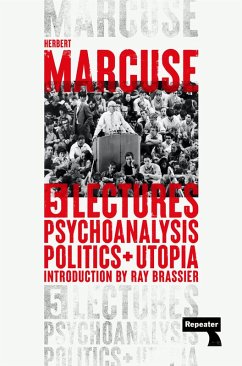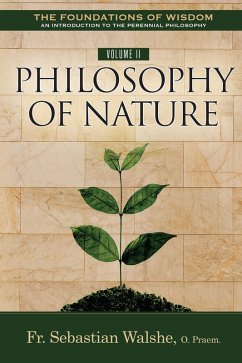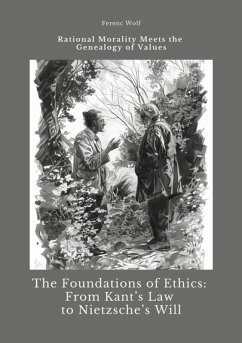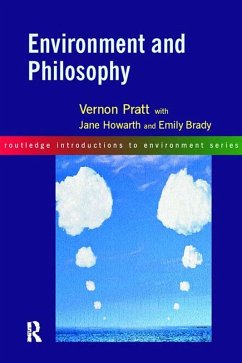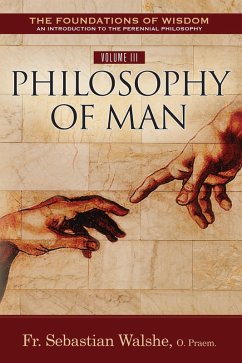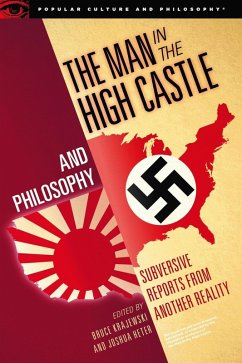
Foundations of Eurasianism (eBook, ePUB)
Volume II
Redaktion: Arnold, Jafe; Stachelski, John

PAYBACK Punkte
4 °P sammeln!
A century ago, between the uneasy aftermath of the First World War and the chaos of the Russian Revolution, an elite group of Russian intellectuals announced the discovery of a new continent they called "Eurasia", a sprawling landmass wedged between Europe and Asia fated to upend mainstream Eurocentric narratives on history and civilization. The intellectual trend these diverse thinkers initiated came to be called "Eurasianism", a school of thought which quickly developed into a movement, unsettling geographical and ideological borders, pushing beyond divisions between East and West, and innov...
A century ago, between the uneasy aftermath of the First World War and the chaos of the Russian Revolution, an elite group of Russian intellectuals announced the discovery of a new continent they called "Eurasia", a sprawling landmass wedged between Europe and Asia fated to upend mainstream Eurocentric narratives on history and civilization. The intellectual trend these diverse thinkers initiated came to be called "Eurasianism", a school of thought which quickly developed into a movement, unsettling geographical and ideological borders, pushing beyond divisions between East and West, and innovatively bridging science, aesthetics, and religion. As this current took shape throughout the 1920s-'30s, its thinkers engaged manifold fields such as geography and economics, theology and philosophy, linguistics and anthropology, to elaborate an original perspective on the history and identity of Russia, decipher the dilemmas posed by "global Europeanization", and trace new arcs in the ancient, modern, and future developments of cultural and geopolitical relations. Formerly a little-known curiosity of the fleeting interwar period, the first two decades of the twenty-first century have seen an explosion in the interest and relevance of Eurasianism in its classical and contemporary forms across diverse fields, from the pages of scholarship to the flash-points of geopolitics. While a growing number of scholars and analysts have increasingly emphasized the importance of understanding Eurasianism for deciphering current global trends, accessible translations of the Eurasianists in their own words have remained absent, until now.
The Foundations of Eurasianism series presents the key works of classical and neo-Eurasianism for the first time in English translation. This second volume opens with an original introduction to the history of the early Eurasianist movement, completes the translation of the Eurasianists' founding 1921 manifesto, Exodus to the East, and features texts from the second landmark Eurasian anthology from 1922, Pathways.
The Foundations of Eurasianism series presents the key works of classical and neo-Eurasianism for the first time in English translation. This second volume opens with an original introduction to the history of the early Eurasianist movement, completes the translation of the Eurasianists' founding 1921 manifesto, Exodus to the East, and features texts from the second landmark Eurasian anthology from 1922, Pathways.
Dieser Download kann aus rechtlichen Gründen nur mit Rechnungsadresse in A, D ausgeliefert werden.







